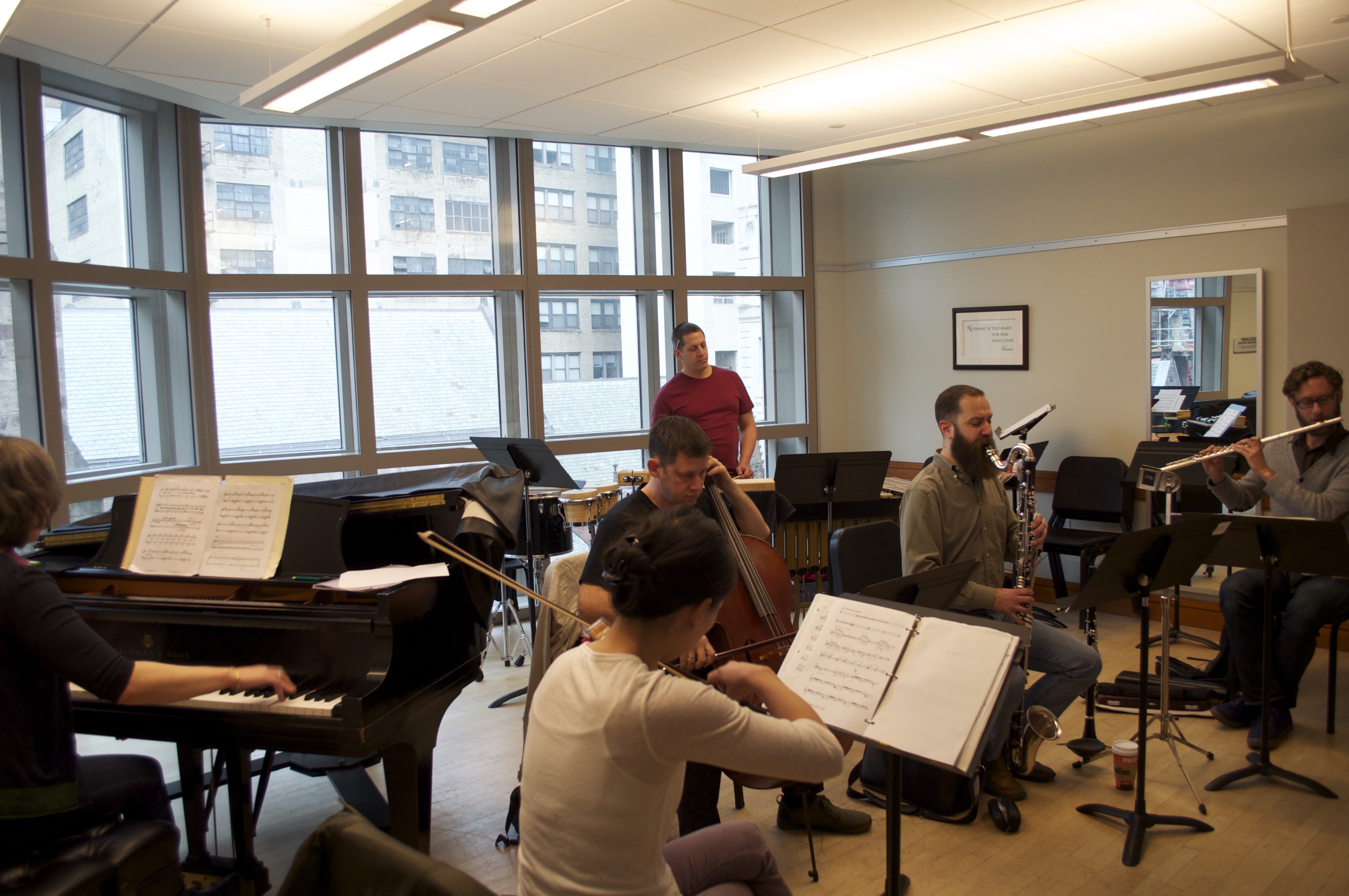Spinning Plates, Entrepreneurship, and the Social Relationships of Ensemble Residencies
Over the last few decades, many American schools of music have embraced the repertoire and missions of new music ensembles. Boundaries are broken, venues explored, students challenged, and new sounds ring out. What a change from the 1980s, when musicologist Susan McClary argued that “both popular and postmodern musics are marked as the enemy, and[…]
Read More





No comments yet.
Add your comment